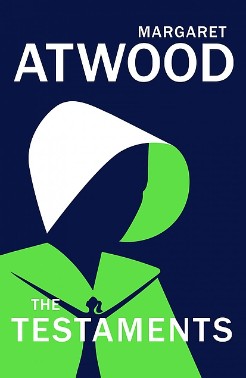Only dead people are allowed to have statues, but I have been given one while still alive. Already I am petrified.
This statue was a small token of appreciation for my many contributions, said the citation, which was read out by Aunt Vidala. She’s been assigned the task by our superiors, and was far from appreciative. I thanked her with as much modesty as I could summon, then pulled the rope that released the cloth drape shrouding me; it billowed to the ground, and there I stood. We don’t do cheering here at Ardua Hall, but there was some discreet clapping. I inclined my head in a nod.
My statue is larger than life, as statues tend to be, and shows me as younger, slimmer, and in better shape than I’ve been for some time. I am standing straight, shoulders back, my lips curved into a firm but benevolent smile. My eyes are fixed on some cosmic point of reference understood to represent my idealism, my unflinching commitment to duty, my determination to move forward despite all obstacles. Not that anything in the sky would be visible to my statue, placed as it is if a morose cluster of trees and shrubs beside the footpath running in front of Ardua Hall. We Aunts must not be too presumptuous, even in stone.
Clutching my left hand is a girl of seven or eight, gazing up at me with trusting eyes. My right hand rests on the head of a woman crouched at my side , her hair veiled, her eyes upturned in a expression that could be read as either craven or grateful—one of our Handmaids—and behind me is one of my Pearl Girls, ready to set out on her missionary work. Hanging from a belt around my waist is my Taser. This weapon reminds me of my failings: had I been more effective, I would not have needed such and implement. The persuasion in my voice would have been enough.
